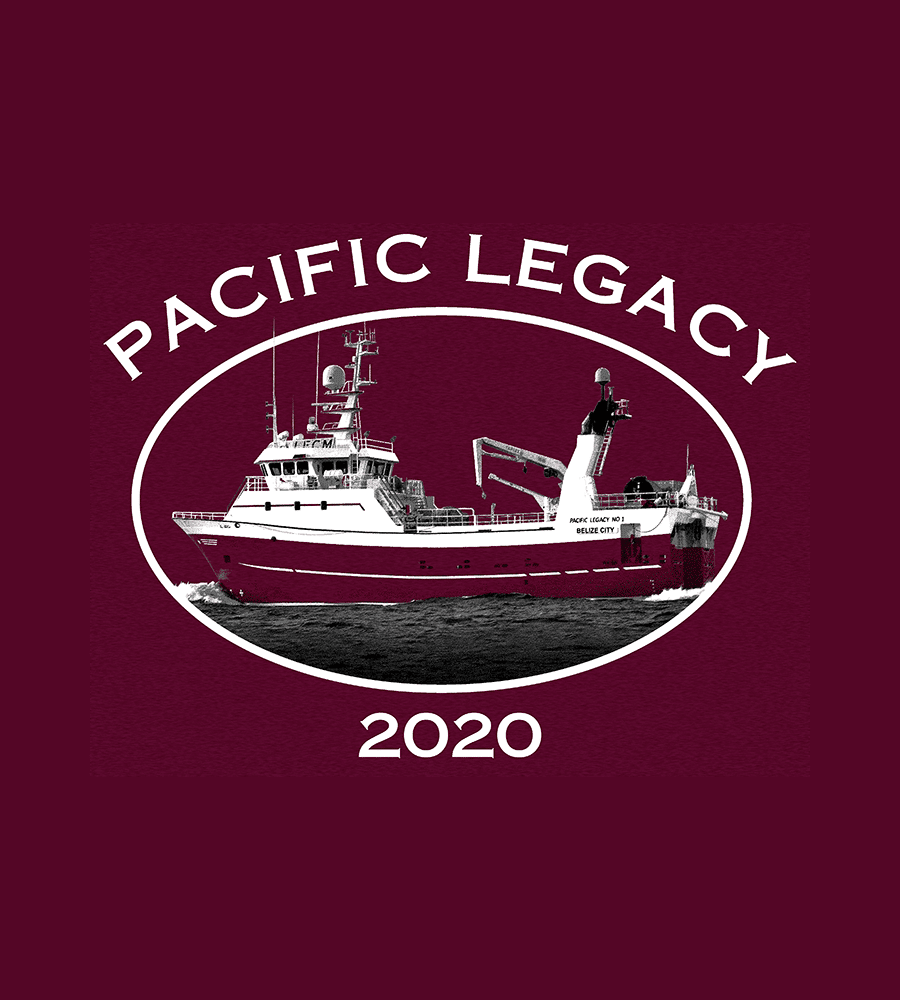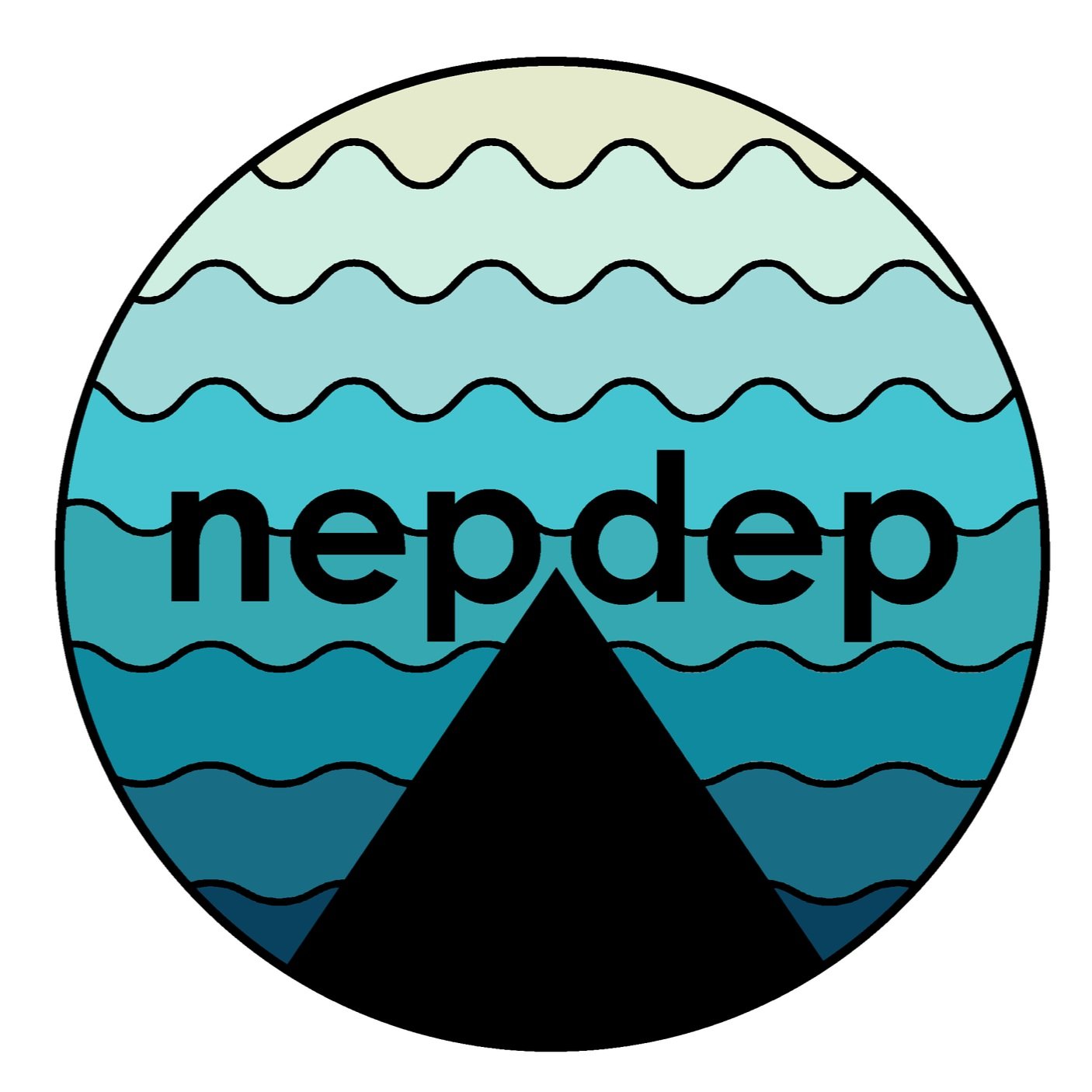
Expedition Involvement
Expedition Planning
2022 Pan-Pacific Winter High Seas Expedition
International Year of the Salmon, North Pacific Anadromous Fish Commission (Vancouver, BC)
In a $10 million effort, 5 research vessels have gone out to sea to conduct the largest ever pan-Pacific, epipelagic ecosystem survey during winter, focused on understanding salmon and their ecosystems. The 2022 Expedition involves a full ecosystem survey with pelagic trawling and detailed sampling of marine life in the upper ocean and will include research on physical, biological and chemical oceanography. The 2022 Expedition brings together scientists from Canada, Japan, the Republic of Korea, the Russian Federation, and the United States — the 5 member countries of the North Pacific Anadromous Fish Commission — to build on research from the 2019 & 2020 International Gulf of Alaska Expeditions.
2020 International Gulf of Alaska Expedition
International Year of the Salmon, North Pacific Anadromous Fish Commission (Vancouver, BC)
Building off the first 2019 International Gulf of Alaska Expedition, the study was a continuation of the international scientific effort to identify mechanisms and environmental factors that could determine the annual abundance and condition of Pacific salmonids in the Gulf of Alaska. It also sought to establish greater international research capacity for understanding the consequences of future environmental conditions and is being used to study the impacts of extreme climate events and ocean conditions.
Explore the Deep
Sea-going Experience
E Mamana Ou Gataifale I - American Samoa (NA164) - E/V Nautilus (18 days)
2024 | Ocean Exploration Trust, NOAA Ocean Exploration, and the Ocean Exploration Cooperative Institute
Expedition Accomplishments:
1st multi-vehicle expedition to operationalize a verified directed sampling (VDS) strategy to explore water column habitats systematically
Uncrewed surface vehicle DriX’s sonar systems can see water column targets in real-time, and this information can then be used to precisely direct midwater vehicles like Mesobot to image and sample the target
DriX was piloted remotely 100’s of km away on shore—without any relay through the ship or the onboard team
VDS is poised to reshape ocean exploration as the future may allow for operating robots from the comfort of your own home!
#ONCAbyss Summer 2024 (NA161) - E/V Nautilus (21 days)
2024 | Ocean Exploration Trust and Ocean Networks Canada
Ultra Fine-Scale Seafloor Mapping (Fkt231024) - R/V Falkor (too) (31 days)
2023 | Schmidt Ocean Institute, Charles Darwin Foundation, Parque Nacional Galápagos and Partners
Deep Sea Biodiversity & Ancient Seamount Exploration near Johnston Atoll (NA153) - E/V Nautilus (27 days)
2023 | Ocean Exploration Trust, NOAA Ocean Exploration, and the Ocean Exploration Cooperative Institute
NE Pacific Deep-Sea Expedition 2023 - CCGS John P. Tully (18 days)
2023 | Fisheries and Oceans Canada, Council of the Haida Nation, Nuu-chah-nulth Tribal Council, Pacheedaht First Nation, and Ocean Networks Canada
Expedition Accomplishments:
Set record for deepest ROV submersible dive in Canadian waters (>3200 m)
Discovered 1st known evidence of hydrothermal venting on an accurately classified Canadian seamount
Captured 1st ever footage of Pacific white skate egg-laying behaviour
3rd expedition to ever visit Magic Mountain Vent Field following 2002 and 1984 expeditions
EOS 311 Oceanographic Sampling Field Trip (2x) - R/V John Strickland (1-day trips)
2022, 2021 | School of Earth and Ocean Sciences, University of Victoria (Victoria, BC)
Ocean Networks Canada (NA129) - E/V Nautilus (28 days)
2021 | Ocean Exploration Trust and Ocean Networks Canada
Sarasota Bay Water Quality Monitoring Time-series (3x) - R/V Yellowfin (1-day trips)
2019 | Chemical & Physical Ecology Program, Mote Marine Laboratory (Sarasota, FL)
Shallow Reef Coral Collection - R/V Stommel (1 day)
2018 | Coral Reef Ecology and Optics Lab, Bermuda Institute of Ocean Sciences (St. Georges, Bermuda)








